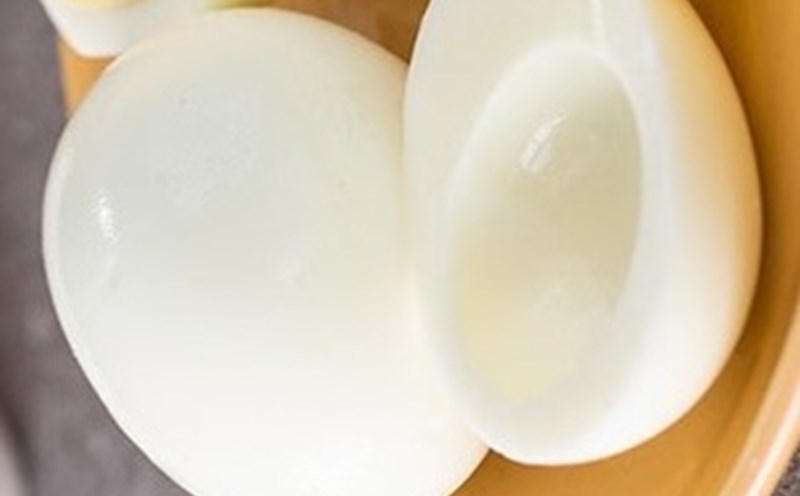Garlic is also highly appreciated for its kidney protection. Alicin in garlic helps reduce blood pressure and oxidative stress - two risk factors for chronic kidney disease. Garlic also contains vitamins C and B6, which have strong anti-inflammatory properties, supporting stable kidney function.
Notably, garlic can become an alternative to sodium salt in meals for people with kidney disease. Reducing salt is an important requirement to control blood pressure and prevent kidney complications. With its unique flavor, garlic not only makes the dish more flavorful but also contributes to reducing the amount of sodium intake. The diuretic benefits of garlic also help eliminate excess sodium, reducing the burden on the kidneys.
Garlic plays a powerful anti-inflammatory role and has been shown to help lower blood pressure, both of which are beneficial for kidney function. Garlic also helps fight oxidative damage caused by kidney disease, thereby helping to prevent more serious complications.
Experts recommend that everyone should add garlic to their daily diet to protect the liver and kidneys. Garlic can be eaten raw, cooked or combined with many dishes such as stir-frying, grilling, mixing salad. To retain the nutrients, garlic should be crushed and left for about 10 minutes before processing to maximize the activation of allicin.
Garlic not only enhances the flavor of the dish but also brings many health benefits. The reasonable use of garlic will help prevent and improve liver diseases, while maintaining healthy kidney function - two important organs in filtering toxins and maintaining the body's hormonal balance.
With recognized scientific evidence, garlic deserves to be a natural "pharmotherapy" to help protect comprehensive health, especially for the liver and kidneys.
In addition to the effect of nourishing the kidneys, garlic also works for people with non-alcoholic fatty liver disease. The ingredient allicin - an active ingredient in garlic - has anti-inflammatory and antioxidant properties, helping to reduce blood fat and support liver function. This is an important basis for recommending adding garlic to the diet of people with liver problems or wanting to prevent liver disease.











